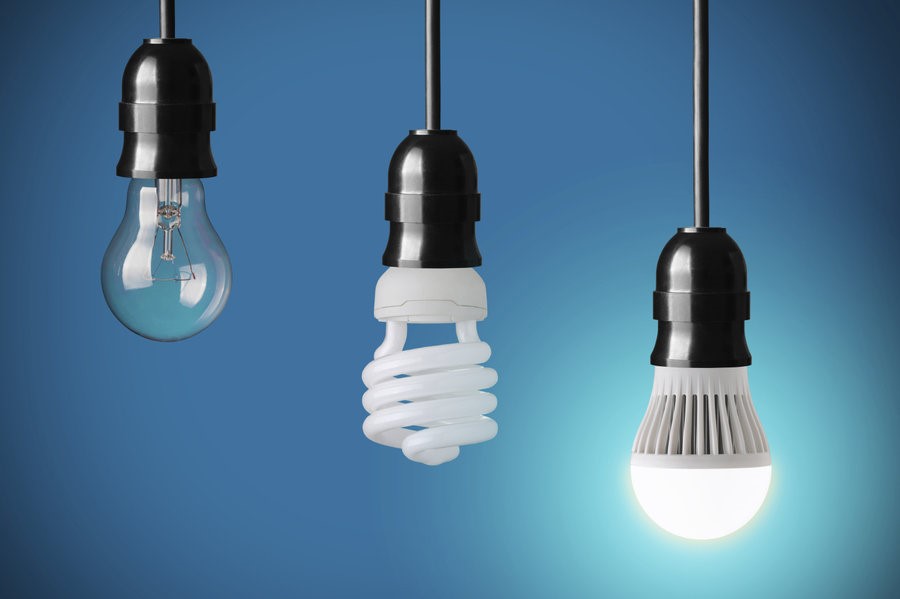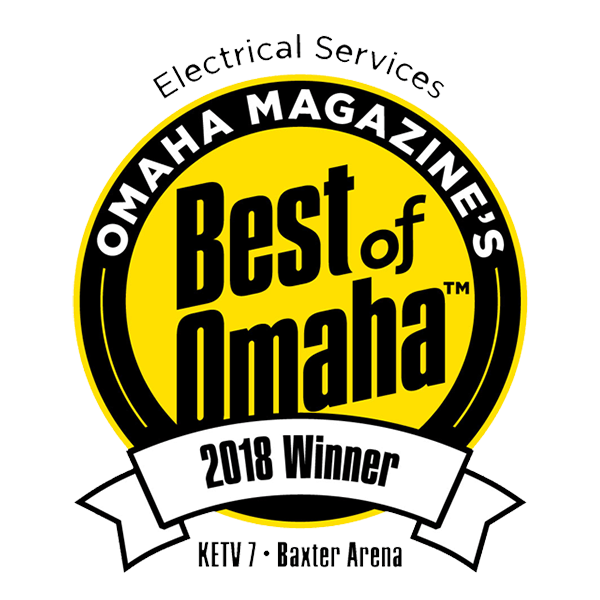 Whether you just bought a new light fixture or found yourself sitting in the dark because of a burned-out bulb, you might be surprised at the number of different types and styles of bulbs lining your hardware store shelves these days. Should you go with what you know, like incandescent? Or give LED a try? Or what about compact fluorescent? The confusion can be paralyzing. So, to make choosing a light bulb at least a little easier, we’ve put together a comparison of today’s primary choices.
Whether you just bought a new light fixture or found yourself sitting in the dark because of a burned-out bulb, you might be surprised at the number of different types and styles of bulbs lining your hardware store shelves these days. Should you go with what you know, like incandescent? Or give LED a try? Or what about compact fluorescent? The confusion can be paralyzing. So, to make choosing a light bulb at least a little easier, we’ve put together a comparison of today’s primary choices.
Incandescent bulbs, or what you would consider your traditional lightbulbs, have received a bit of an energy efficiency boost in recent years. Today, they use at least 25% less energy without sacrificing any light. Incandescent bulbs are great for dimmable light fixtures, vanity lights, and night lights. The down side is they only last about a year with regular use.
Fluorescent bulbs, famous for their long, cylindrical shape, can be commonly found in basements and garages, and that’s about it for home use. However, because they contain mercury vapor, many communities have phased them out and put forth regulations for their disposal, even for commercial use.
Compact fluorescent – or CFL – light bulbs use a fraction of the wattage of incandescent bulbs and are easily recognized by their curlicue design. Because the light they produce is relatively harsh, they are best for task and overhead lighting and lamps. You may want to avoid using them in vanity lighting; they also usually don’t work with dimmer switches. Avoid using them in fixtures you turn on and off frequently as that kind of repetition can shorten their life span. And because they do contain mercury, you should dispose of broken CFLs according to EPA guidelines.
Light emitting diode – or LED – bulbs, while a little costlier than other options, are the most energy efficient choice and are now available in a wide range of colors and styles. Suitable for any room in your home, their lifespan exceeds most other bulb options.
Halogen and xenon bulbs are 25% to 80% more energy efficient than traditional incandescent light bulbs, but still not as efficient as LEDs or CFLs. They emit a light most like daylight, casting a vibrant glow on décor and furnishings. However, halogen bulbs get extremely hot so avoid using them in fixtures that are within reach of small children. A good alternative is a xenon bulb which casts the same light but stays cooler to the touch. Both are best for accent lighting, pendant lights, and exterior flood lights.
Wi-Fi compatible bulbs allow you to control them from your smartphone or tablet, perfect for presetting on and off times while away from home. They fit ordinary fixtures so there is no need to purchase additional equipment. Just be sure to read the fine print before purchasing one to make sure it is compatible with your mobile device.
If you’re looking to brighten things up around your house with new task, accent, or other types of specialty lighting, contact the electrical pros at Burton for expert advice and full installation services. We can even help develop your indoor or outdoor lighting plan.






